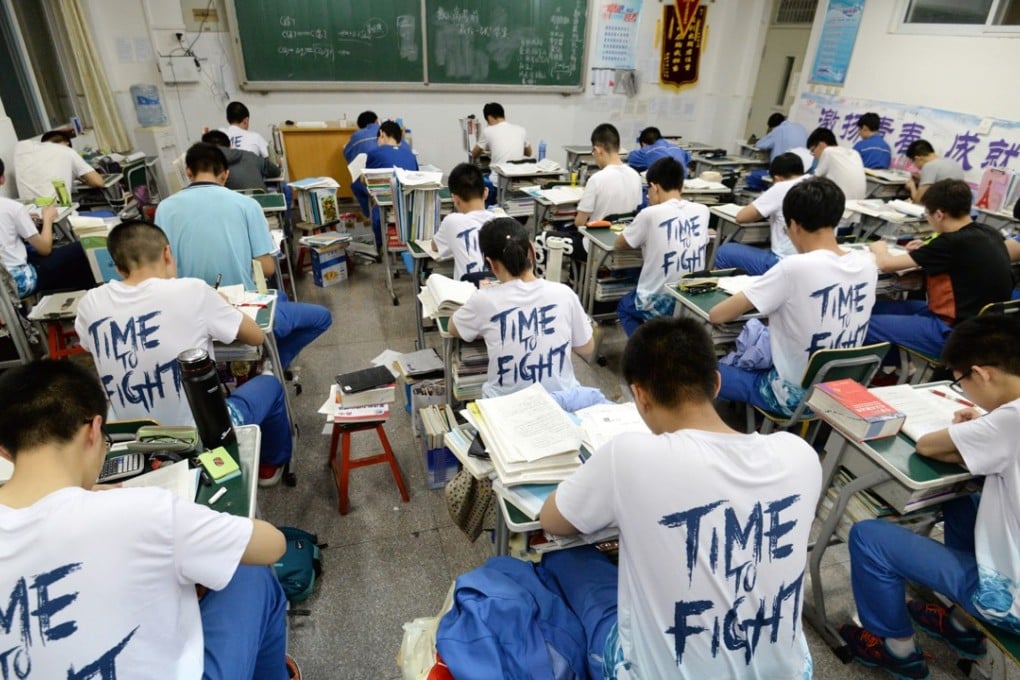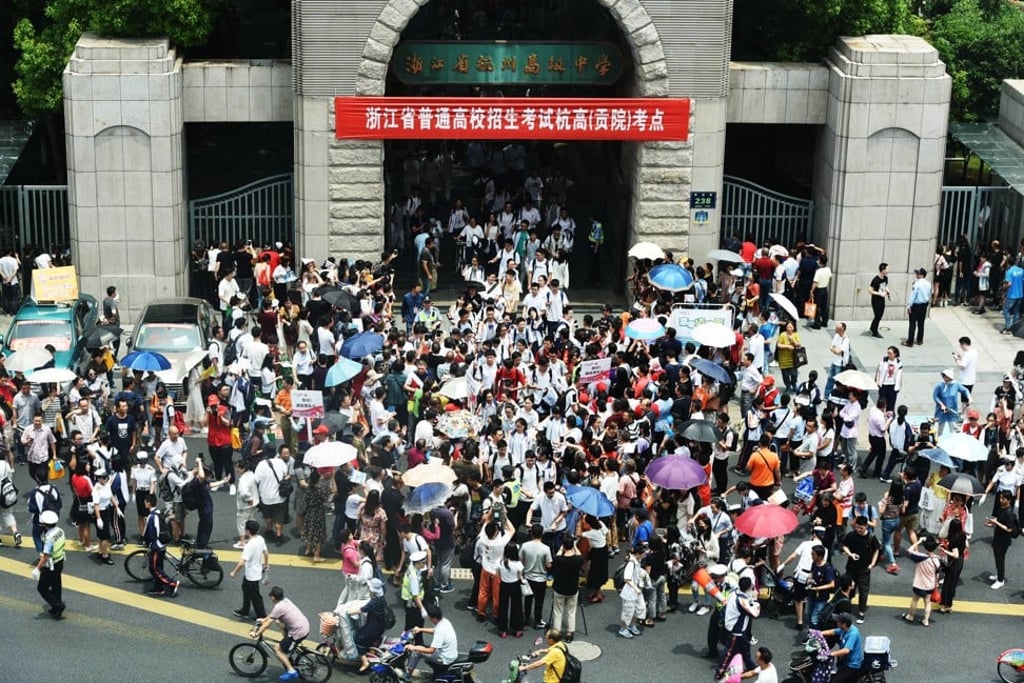China’s exam culture should evolve to produce thinkers for digital era
With mainland students looking at educational paths outside of the rigid ‘gaokao’ system, lessons should be drawn from Germany’s approach to learning and how it fuels industrial prowess

Sometimes the social change wrought by the new economy is defined graphically by a monolithic exception – something that remains the same as all around it changes. An example is to be found in the gaokao or China’s exam season, as nearly 10 million secondary students once again sit make-or-break national university entrance examinations.
It reflects an obsession with examinations, a rite of passage that dates back millennia. On the surface what sets it apart this year is that students born in the 21st century will take part for the first time. But it has also emerged that more candidates than ever before believe that gaokao need not define their futures.

Only half of 20,000 students surveyed by technology company Sina believed that a high score would be a decisive factor in how the rest of their lives would unfold. The survey also found that one in four students planned to explore other avenues, including seeking degrees abroad.
There is no question about the depth of China’s intellectual talent pool, given the sheer size of the population. But in a rapidly changing world there is an increasing perception that the education system has been too rigid and results oriented and too focused on the exams that remain at its core.
By contrast in Germany, whose education model appeals to the mainland’s technological and innovation-minded policy thinkers, exams remain important but do not play such a central role. What sets Germany apart is not just its top universities, but a vaunted vocational training system geared to developing advanced skills that are the foundation of the nation’s industrial prowess.